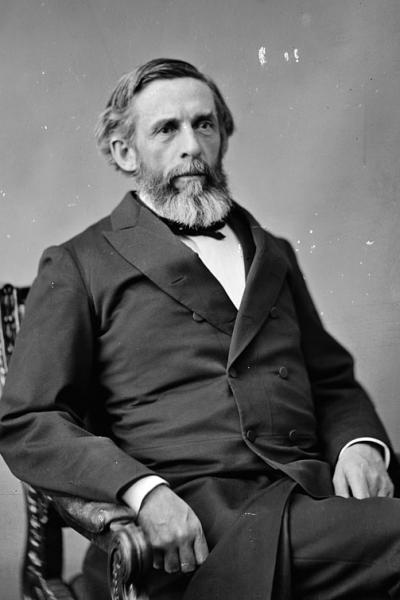President Lincoln signs the Revenue Act of 1862 into law to provide funding for a war that many leaders originally expected to be short. The new law charges excise taxes on most retail products, including such items as telegrams, liquor, tobacco, carriages, and jewelry. While those taxes are a flat rate, and thereby affecting the poor more severely than the wealthy, the law also includes the nation's first progressive income tax, which charges nothing on individuals with an income of less than $600, 3% on incomes between $600 and $10,000, and 5% for incomes greater than $10,000. To collect these taxes, the act establishes the Office of the Commissioner of Internal Revenue, which is renamed the Internal Revenue Service, or IRS, in 1918. Later in the war, the Revenue Act of 1864 adds a new graduated level and increases the top rate to 10% to raise funds for an exorbitantly expensive war. With the end of the war in 1865, the income tax is no longer needed, and only with the 16th Amendment in 1913 is the legal status of a federal progressive income tax solidified.
Tuesday, July 1, 1862


